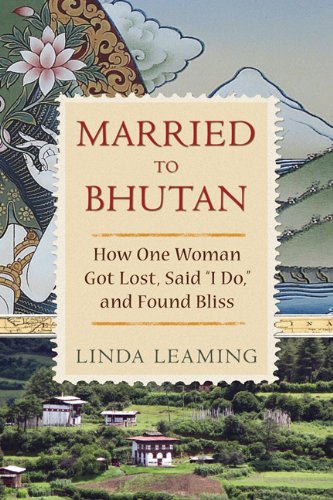
I was given the chance to read the ARC of this mystery, due out in April 2011. It is the 20th Commissario Guido Brunetti novel, the first published in 1992. As an overall tag for what the book is about, I would say Drawing Conclusions is a story of possible crimes.
Guido Brunetti is an interesting, thoughtful person; highly observant, very little escapes his notice, from the color of grass, to faint bruises along the neck of a dead woman, Signora Altavilla. Along with the bruises, he considers the placement of furniture in the woman's apartment as peculiar. These are two of the elements that set him on an examination of Altavilla's life and habits. Coroner Rizzardi states the woman's death was from a heart attack and she was known for heart problems. Brunetti wonders if the heart failure could have been precipitated by an act of violence against her.
He pursues the possibility, aided by his assistant, Inspector Vianello, and by Signorina Elletra, the secretary of his immediate supervisor, who is adept at finding all kinds of info. These characters are ongoing in the series, but I had no trouble picturing them and understanding the relationships Brunetti had with them. The same is true with his wife, Paola, and their two teenage children. I enjoyed the family scenes and the loving sparring between them.
I did find Giuseppe Patta, Brunetti's immediate supervisor, is a bit of a cliché--more interested in appearances than crime solving. But Signorina Elettra's personality is so smartly drawn, I think I could recognize her on a street.
Brunetti's wonderment if a crime had been committed against Signora Altavilla is the focus of the book; his quest for information turns up other elements that are also possible crimes—events dealing with the an estate and a will; a game of swindle among charity cases. Brunetti pondered them all as he tried to decide what really happened to Altavilla.
As he does this, he is still ever observant to his surroundings; descriptions of the Venetian cityscape are nicely presented, and (I haven't been to Venice) I assume they are accurate since Donna Leon has lived in Italy for more than 25 years.
I am, however, dissatisfied with ending; I kept checking to see if there was more and still wonder if the e-galley I rec'd was missing a chapter. Although Brunetti seemed satisfied with what he learned, other possibilities remained as to what happened to Signora Altavilla. Her "guest," who left suddenly, hadn't been ruled out (it was a didn't-seem-to-fit phone call cast suspicion here); I even have unanswered questions about her son. And then there are the missing pictures...
I also wonder why so much information is given in Chapter 1 about Signorina Guisti, who found Altavilla's body. Do we really need to know about her breakup with a guy and what his family was like? I kept waiting for something about that to resurface later in the story; but actually, the signorina is mentioned only a few times after chapter six.
The intricacies of the government agencies and public services was at times funny and interesting. In all, I enjoyed the book, Well crafted with interesting characters.










